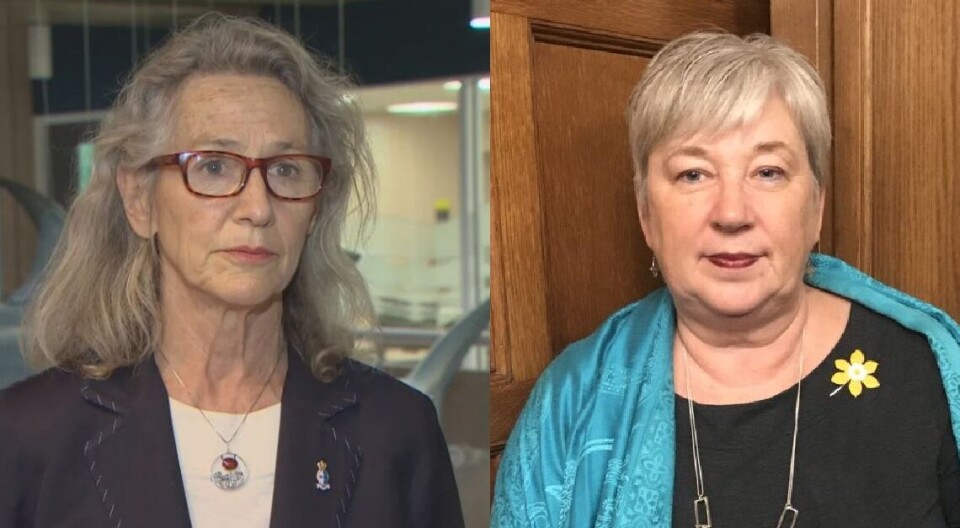
BC salmon producers can continue suing ex-fisheries ministers, says judge
Mowi and Cermaq 'have a chance' of proving that Murray and Jordan engaged in an abuse of court process, and were 'subjectively reckless or wilfully blind' to unlawful conduct
A judge in British Columbia’s Supreme Court has turned down a request by the Canadian government to dismiss multiple lawsuits seeking damages for Ottawa’s decision to effectively end salmon aquaculture in the Discovery Islands, reports BC business website BIV.
In four separate court actions, salmon farmers Mowi Canada West and Cermaq Canada, along with Allen Diving Ltd and James Walkus Fishing Company Ltd, sought compensation for the impact the “unlawful” decisions had on their businesses, located off the east coast of Vancouver Island between Campbell River and the mainland.
BC Supreme Court Justice Lauren Blake noted that part of the claims had already been heard before the federal court. In June 2024, a federal judge turned down a challenge from salmon farms and two First Nations who opposed government decisions not to renew aquaculture licences in the Discovery Islands.
The federal judge in that case wrote that former federal fisheries minister Joyce Murray’s 2023 decision not to renew fish-farm licences met consultation requirements and did not breach operators’ rights to fairness. The decision is currently being appealed.
A reasonable cause for action
In the latest court action, Murray, fellow former fisheries minister Bernadette Jordan, and the Attorney General of Canada claimed the companies were now attempting to “impermissibly collapse” the distinction between the federal judicial review process and the BC Supreme Court, writes BIV.
In her decision, Justice Blake weighed whether the four lawsuits disclosed a reasonable cause for action and were not certain to fail.
In the end, she ruled the companies’ pleadings had a chance of success when it came to proving:
- the ministers engaged in an abuse of court process;
- that their court actions were more than “thinly veiled attempts” to avoid the effects of government decisions;
- that the ministers were at the least “subjectively reckless or wilfully blind” to unlawful conduct;
- and that the ministers had knowledge their acts would likely injure the companies.
Blake struck two of the companies’ claims - that property was taken from them and that the ministers exercised “abusive administrative action” - saying they were “bound to fail”.
The judge directed each side to reach an agreement on which damages should be sought by the plaintiffs in the four cases. If they can’t do that, she said, they should file a request to appear before the BC Supreme Court.



























































